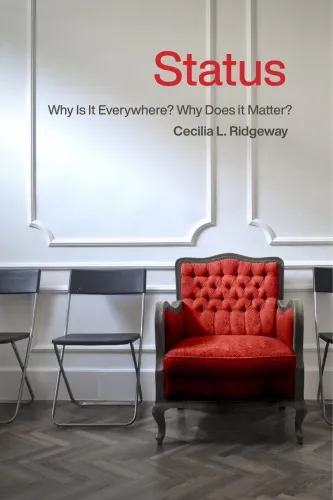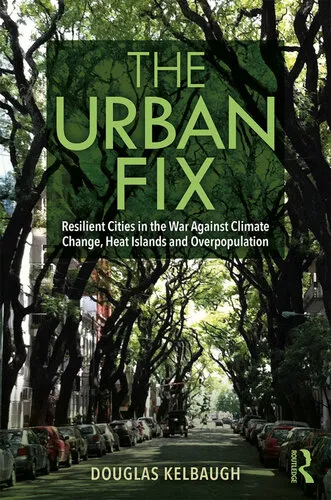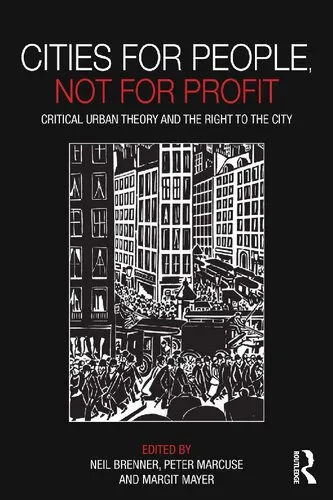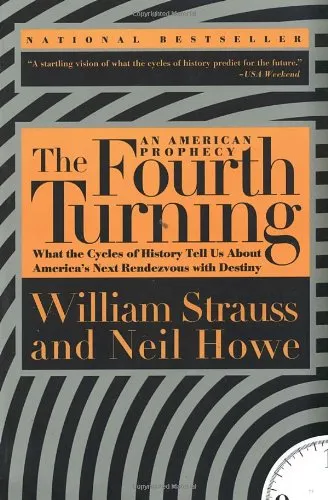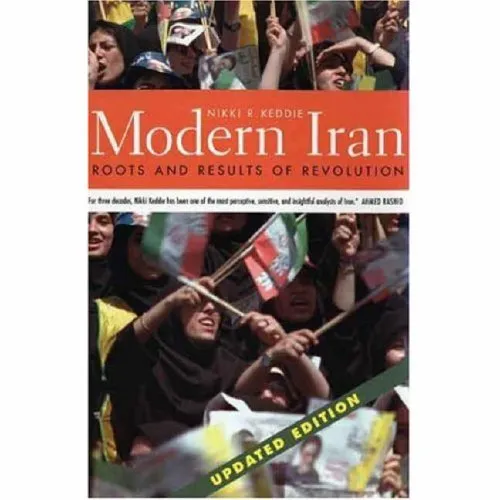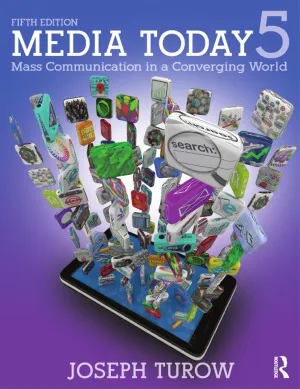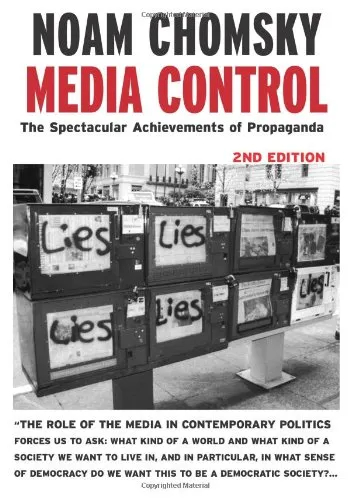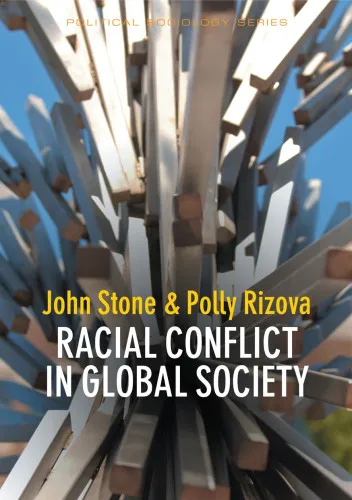Status: Why Is It Everywhere? Why Does It Matter?
4.4
Reviews from our users

You Can Ask your questions from this book's AI after Login
Each download or ask from book AI costs 2 points. To earn more free points, please visit the Points Guide Page and complete some valuable actions.Related Refrences:
"Status is ubiquitous in modern life, yet our understanding of its role as a basic driver of inequality is surprisingly limited. In Status, sociologist and social psychologist Cecilia Ridgeway examines how this ancient and universal form of inequality influences today's ostensibly meritocratic institutions and why it matters. Ridgeway illuminates the complex ways in which status arises when people work together towards common goals, such as in classroom discussions, family decisions, or workplace deliberations. Ridgeway's research on status has important implications for our understanding of social inequality. Distinct from power or wealth, status is prized because it provides affirmation from others and affords access to valuable resources. Ridgeway demonstrates how the conferral of status inevitably leads to differing life outcomes for individuals, with impacts on pay, wealth creation, and health and wellbeing. Status beliefs are widely held views about who is better in society than others[...]in terms of esteem, wealth, or competence. These beliefs ultimately confer advantages which can exacerbate social inequality. Ridgeway notes that status advantages based on race, gender, and class, such as the belief that white men are more competent than others because of their race and gender, have the greatest consequences for inequality by affording greater social and economic opportunities. Ridgeway argues that status beliefs make lower status groups less likely to challenge the status quo and greatly enhance higher status groups' ability to maintain their advantages in resources and access to positions of power. She illustrates how many lower status people, when given a baseline level of dignity and respect - being seen, for example, as poor but hardworking - will accept their lower status. She also shows that people remain willfully blind to status beliefs and their effects because recognizing them can lead to emotional discomfort. Acknowledging the insidious role of status in our lives would require many higher-status individuals to accept that they may not have succeeded based on their own merit; and many lower-status individuals would have to acknowledge that they may have been discriminated against. While Ridgeway notes the profound impact of status on society, she suggests that social inequality is not an inevitable consequence of our status beliefs. She shows how status beliefs can be undermined - as when we reject the idea that all racial and gender traits are fixed at birth, thus disrupting the idea that women and people of color are less competent than their male and white counterparts. Ridgeway both notes the profound impact of status on social inequality and charts a way forward that may allow it to have a less detrimental impact on our lives"--
Free Direct Download
You Can Download this book after Login
Accessing books through legal platforms and public libraries not only supports the rights of authors and publishers but also contributes to the sustainability of reading culture. Before downloading, please take a moment to consider these options.
Find this book on other platforms:
WorldCat helps you find books in libraries worldwide.
See ratings, reviews, and discussions on Goodreads.
Find and buy rare or used books on AbeBooks.
